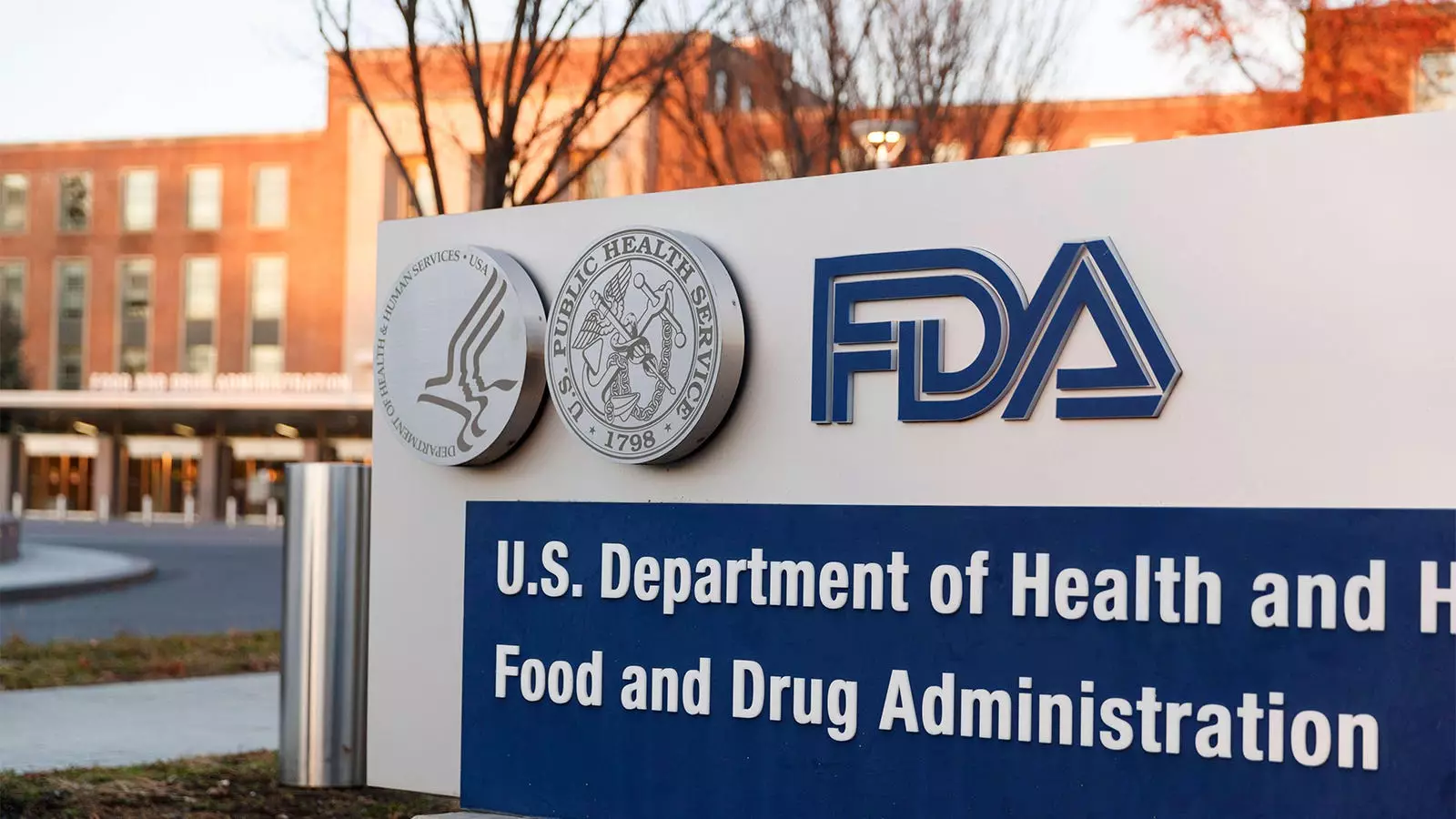In the wake of recent controversies surrounding the U.S. Food and Drug Administration (FDA) and its accelerated approval pathway, the Health and Human Services (HHS) Office of Inspector General (OIG) has issued a clarion call for reform. This pathway allows for expedited drug approval under certain conditions, primarily focused on treating severe and life-threatening conditions. However, the OIG’s findings highlight glaring deficiencies in oversight and compliance, particularly following the FDA’s handling of the questionable approval of the Alzheimer’s drug aducanumab (Aduhelm). The OIG’s recommendations aim to enhance the integrity of this critical approval mechanism, ensuring that it serves its intended purpose without compromising patient safety or trust.
Aduhelm’s approval marked a significant moment, not just for Alzheimer’s research but also for the FDA’s reputation. As the OIG report underscores, this approval raised serious alarms within Congress and the broader medical community about the FDA’s decision-making process. The circumstances surrounding Aduhelm’s approval prompted investigations into the agency’s processes, revealing significant lapses that warranted scrutiny. Specifically, the OIG’s examination pointed out that the FDA had deviated from its established protocols, collaborating unusually with the drug manufacturer, Biogen, regarding briefing documents and engaging in unreported discussions.
Such revelations are alarming and highlight a concerning trend where the boundaries of regulatory practices may be blurred. The OIG scrutinized a selection of 24 accelerated drug approvals and spotlighted three cases—aducanumab, hydroxyprogesterone caproate (HPC), and eteplirsen—that strayed from standard practices, underscoring how these approvals could potentially mislead stakeholders about the efficacy and safety of drugs.
The concern around these three specific cases epitomizes the risks inherent in relying on accelerated pathways. For instance, eteplirsen was approved under similar assumptions yet failed to demonstrate meaningful clinical benefit after several years. The FDA’s decision-making process for these drugs was marred by inconsistencies, with significant concerns registered by both reviewers and advisory committees before their respective approvals.
These irregularities prompt a deeper consideration of the criteria guiding expedited approvals. To rely on surrogate endpoints—proxies believed to correlate with clinical outcomes—without stringent follow-up and verification steps puts patients at unnecessary risk. As noted by Benjamin Rome, MD, the lack of evidence substantiating the benefits of treatments such as eteplirsen raises ethical questions about the financial burdens placed upon patients and the healthcare system, particularly when costs can exceed a staggering $1 million annually.
In light of these findings, the OIG has recommended two pivotal changes: first, the establishment of clearer guidelines for the advisory council’s engagement in the approval process, and second, the imperative to document all interactions with drug companies comprehensively. The former suggestion, however, was met with resistance by the FDA, which argued that formal requirements could lead to inefficiencies. Yet, this dismissal raises eyebrows, as the need for transparency and rigorous evaluative processes is paramount, especially in situations where the stakes are as high as patient safety and public trust.
Conversely, the FDA’s agreement to enhance record-keeping practices represents a step in the right direction. Documenting meetings and discussions with drug manufacturers not only fosters accountability but also helps in creating a transparent audit trail that can be invaluable in reassessing the appropriateness of approvals under the accelerated pathway.
Moving forward, the FDA must take these recommendations seriously and implement robust structural changes to the accelerated approval pathway. An improved framework could preserve the pathway’s original intent while ensuring that it does not become a means of circumventing rigorous scientific scrutiny. The ghosts of Aduhelm, HPC, and eteplirsen should act as cautionary tales, reminding us of the potential consequences of lax regulations and poor oversight. To rebuild its credibility, the FDA must prioritize patient welfare, trust, and ethical considerations, placing a greater emphasis on comprehensive evidence that truly reflects a drug’s therapeutic efficacy before granting expedited approvals.

Leave a Reply